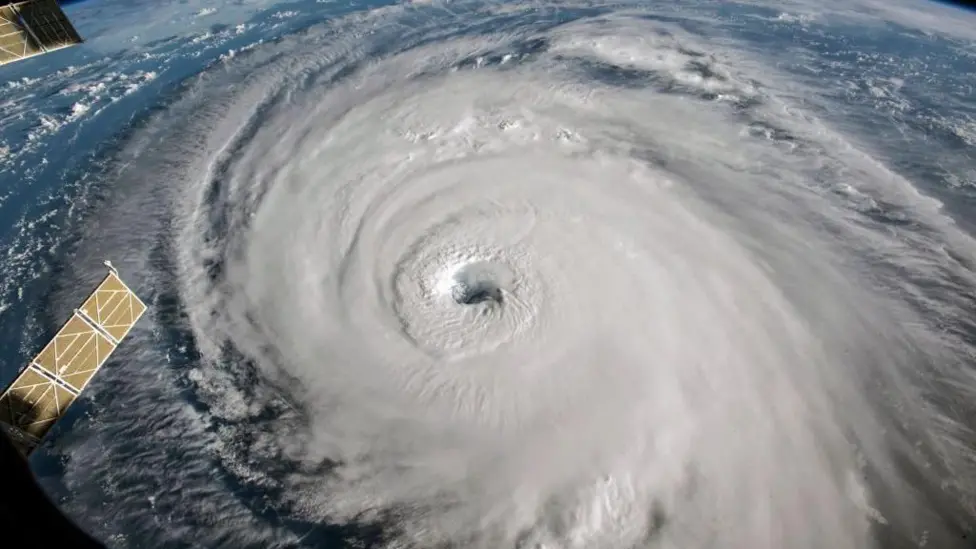Tech giants unleash AI on weather forecasts: are they any good?
Tech giants unleash AI on weather forecasts: are they any good?
In recent years, tech giants such as Google, IBM, and Microsoft have been incorporating artificial intelligence (AI) into…

Tech giants unleash AI on weather forecasts: are they any good?
In recent years, tech giants such as Google, IBM, and Microsoft have been incorporating artificial intelligence (AI) into weather forecasting models to improve accuracy and reliability.
Using advanced algorithms and machine learning techniques, these companies claim to be able to predict weather patterns with greater precision than traditional meteorological methods.
However, some experts are skeptical about the efficacy of AI in weather forecasting, citing concerns about the lack of transparency and potentially biased data that could skew results.
Despite these doubts, tech giants continue to invest heavily in AI-powered weather forecasting systems, touting the potential to revolutionize how we predict and prepare for extreme weather events.
One of the main advantages of AI in weather forecasting is its ability to analyze vast amounts of data from various sources in real-time, allowing for more accurate and timely predictions.
On the other hand, critics argue that AI systems may struggle to interpret complex meteorological phenomena and could lead to erroneous forecasts if not properly calibrated.
Ultimately, the question remains: are tech giants’ AI-powered weather forecasts any good?
While there is still much debate surrounding the effectiveness of AI in this field, one thing is clear: the integration of artificial intelligence into weather forecasting represents a significant step forward in the quest for more accurate and reliable predictions.
As technology continues to evolve, it will be interesting to see how AI-driven weather forecasting systems continue to improve and whether they can truly revolutionize the way we track and respond to changing weather patterns.






